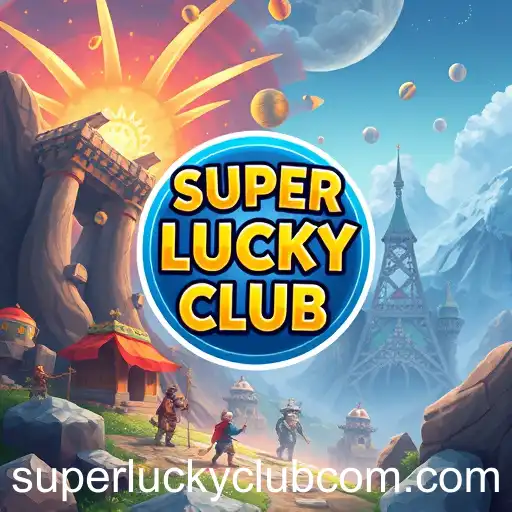
In the ever-evolving world of gaming, the emergence of vibrant online communities has been one of the most significant developments of the past few years. One standout example is the 'Super Lucky Club', an English game website that has become a central hub for enthusiasts worldwide.
The growth of gaming communities like the Super Lucky Club can be attributed to several factors, most notably the increasing accessibility of technology and the globalization of the gaming market. Gamers from diverse backgrounds converge on these platforms to share strategies, participate in tournaments, and form lasting friendships. The Super Lucky Club, in particular, has successfully harnessed this trend by creating an inclusive and engaging environment for its members.
The impact of these communities on the gaming industry is profound. Developers and companies are paying attention, realizing the potential of tapping into these dedicated groups. Gamers are no longer just consumers but active contributors to the gaming ecosystem. Feedback from these communities often informs game updates and new feature developments, leading to more engaging and user-friendly experiences.
Furthermore, the rise of gaming communities correlates with the increasing popularity of esports. The Super Lucky Club regularly hosts events that draw large audiences, further blurring the lines between social and traditional media landscapes. This dynamic has driven advertisers and sponsors to engage more deeply with gaming audiences, recognizing the immense marketing potential they hold.
As we move through 2025, it's clear that the dynamics within gaming communities like Super Lucky Club are reshaping not only the gaming industry but also the broader scope of digital interaction. The camaraderie and collective passion of these groups stand as a testament to the profound impact that shared digital spaces can have in a connected world.


